ISLAM AND RELIGIOUS FREEDOM ACTION TEAM
The Islam and Religious Freedom Action Team explores and supports religious freedom from within the traditions of Islam. The work of this team includes researching the traditions of Islam, developing education programs about Islam and religious freedom, translating resources by Muslims about religious freedom, fostering inclusion of Muslims in religious freedom work both where Muslims are a majority and where they are a minority, and partnering with RFI’s other teams in advocacy. The Islam and Religious Freedom Action Team has staff in Washington, DC and Copenhagen.
Our activities:
- research topics related to religious freedom in the traditions of Islam
- advocacy in collaboration with the other RFI Action Teams
- promote circulation of media by Muslims about religious freedom
- education programs about Islam and religious freedom
- strategic communication to share our work
Featured Programs
Director: Ismail Royer
Follow this action team on Twitter @IslamRFI.
FEATURED ARTICLES

Maryland Parental Power Summit Inspires and Educates
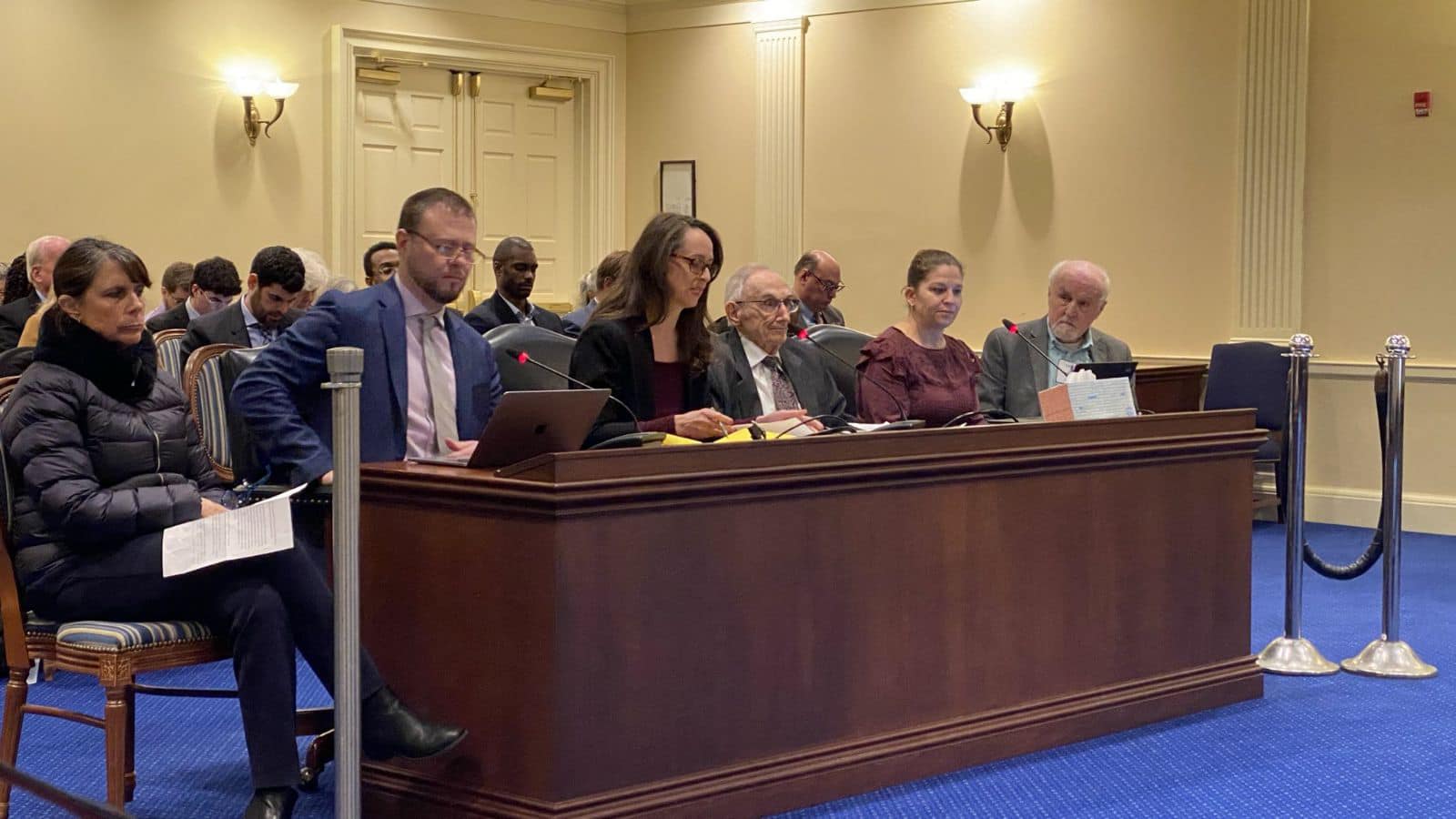
RFI Urges Maryland Lawmakers to Protect Parental Rights Surrounding “Gender Transition” Procedures

RFI’s Ismail Royer Joins Muslim-Christian Dialogue on Religious Freedom
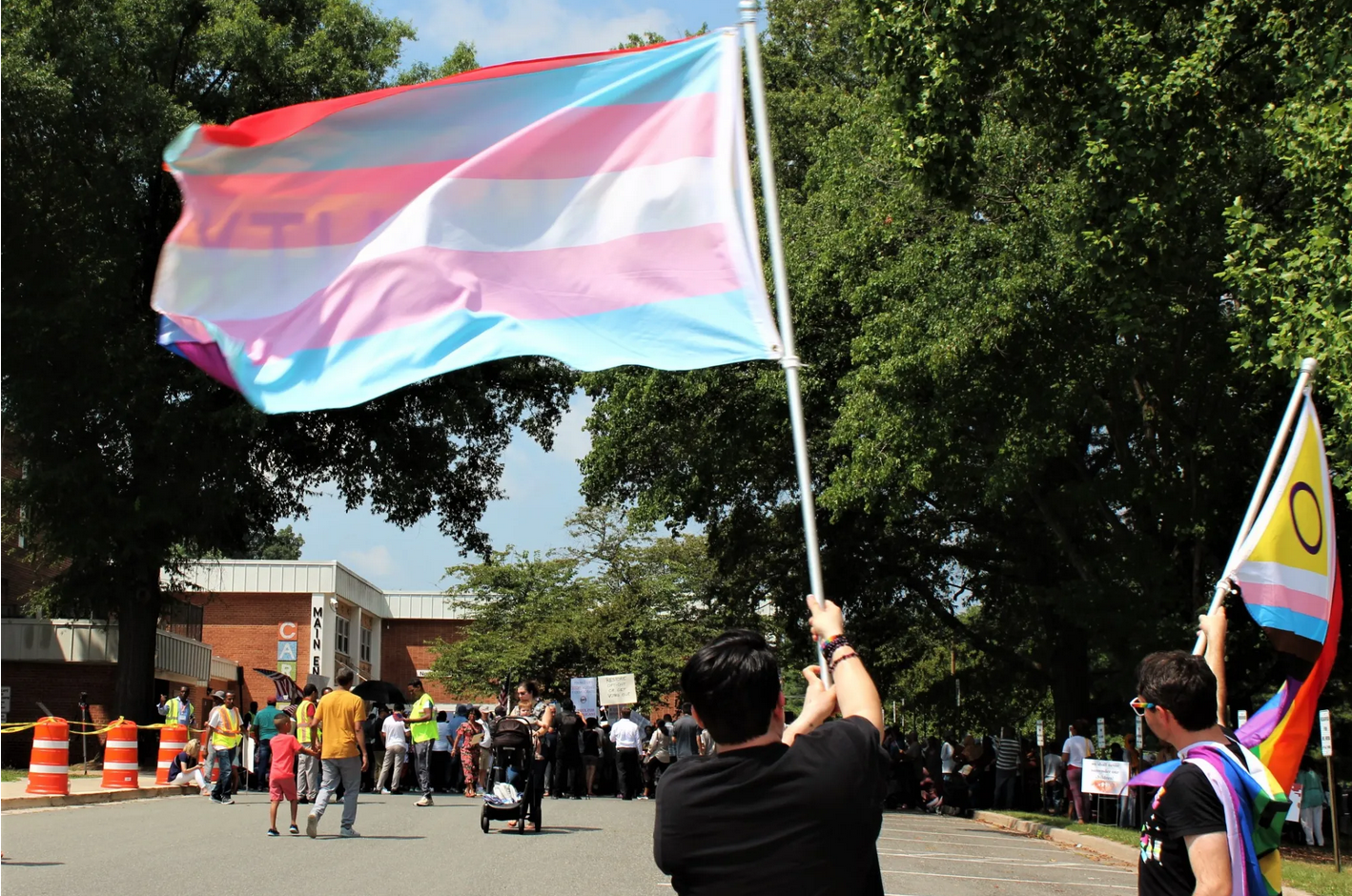
Appeals Court Cites Lack of Jurisdiction in Ruling Against Parents in Case on Maryland School Board “Gender Identity” Policy
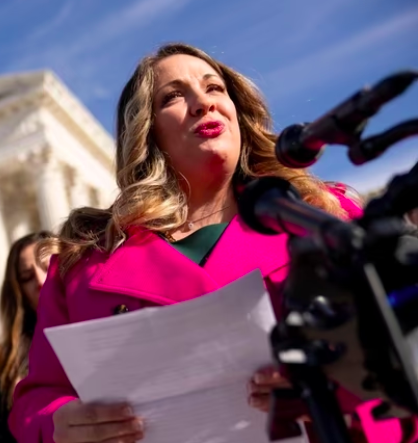
A Supreme Court Ruling Good for Jews and Muslims
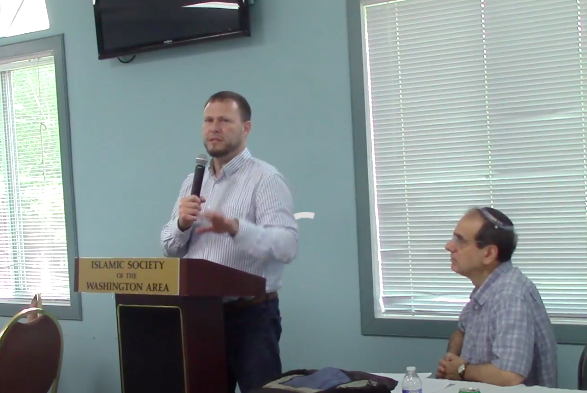
RFI’s Ismail Royer Presents on “Islam, Democracy, and American Public Life”
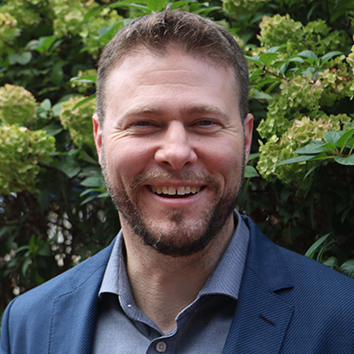
Director: Ismail Royer
Ismail Royer serves as Director of the Islam and Religious Freedom Action Team for the Religious Freedom Institute. Since converting to Islam in 1992, he has studied religious sciences with traditional Islamic scholars, and spent over a decade working at non-profit Islamic organizations. In June 2003, Royer was indicted for assisting the Pakistan-based Lashkar-e-Taiba (LET) and pleaded guilty to weapons charges related to the violation of United States neutrality laws. Since his release he has worked with nonprofits to promote peace between faiths and to undermine religious extremism. His writing has appeared in publications such as the Washington Post, Journal of Religion and Society, Public Discourse, Detroit Free Press, Al Jumuah, and Muslim Matters.
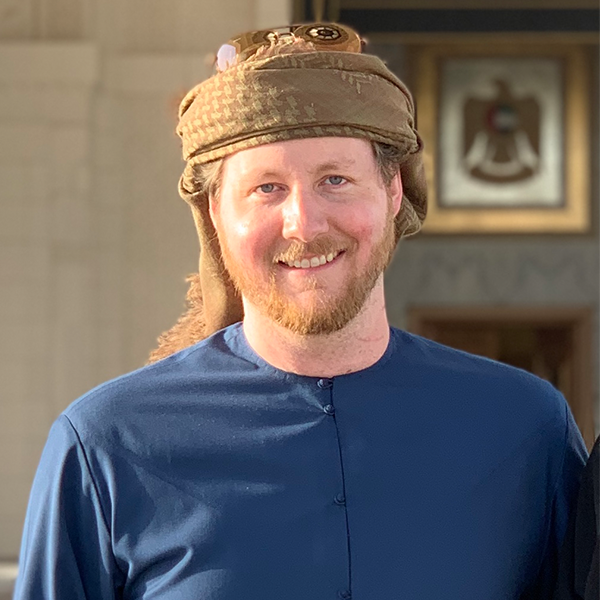
Research Fellow: Yusuf Lenfest
Yusuf Lenfest serves as Research Fellow at the Religious Freedom Institute, focusing on topics concerning political theory, history, and civil society in the Islamic religious tradition. He completed advanced training in Islamic theology, jurisprudence, and legal theory with leading scholars in Damascus, Tarim, the Hijaz, Abu Dhabi, and Mauritania. His academic work examines how, historically, notions of a just society have been advanced through the framework of legal theory (usul al-fiqh) as well as through concepts of human nature derived from theological principles about the origin of ethics and moral thought. He has advised think tanks, policy makers, and government officials on issues of education, conflict resolution, and peace building in the MENA region. He studied literature and philosophy at the University of Vermont. Yusuf also holds a Master of Theological Studies from Harvard University and a Master of Science in Comparative Politics from the London School of Economics and Political Science.
